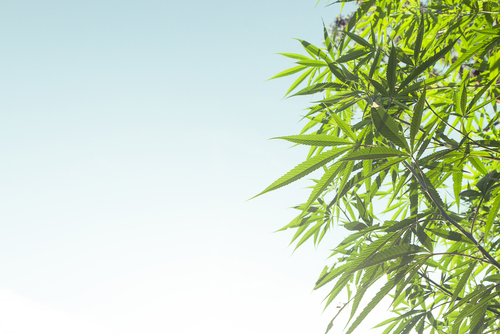Addiction to THC can happen before a person knows it. Withdrawal symptoms are part of addictive properties including panic attacks, anxiety, depression and aggression. Find out what makes it so addictive and how to know if a loved one has become addicted.
How THC is Used
The national debate surrounding medical use of marijuana keeps rolling on. THC is legal in some states for medicinal purposes for treatment of everything from cancer, disease, mental disorders and other conditions. THC can also be used for recreational purposes and cannot be classified as just a stimulant or depressant because it can produce both effects.
Addictive Properties
THC is considered a schedule I substance, which is in the same category as heroin or cocaine. Although illegal to use THC, people still use it and the drug can produce changes in the brain which disrupts the chemical neurotransmitters linked to feelings of pleasure. Cannabis affects nerve receptors which influence:
- Memory
- Thought
- Concentration
- Sensory time perception
Contrary to popular belief, research demonstrates habitual use can lead to addiction. The psychological element of addiction plays a role in how likely it is that an individual becomes addicted to THC. Sometimes dependence psychologically can become harder to overcome than physical dependency.
How it Happens
Prolonged use of THC can lead to addiction even when people use it medicinally. The drug is growing in popularity and is facing societal changes that may make it legal in many states. Some of the ways to become addicted include:
- Habitual use
- Self-medicating
- Using THC like alcohol at the end of the day or parties
- Using THC to avoid presence of withdrawal symptoms
Signs of Addiction
The difference between dependence and addiction can be hard to determine. Addiction includes cravings and a need to use the drug to feel normal. Signs of addiction can look like:
- Rationalizing THC as better drug than others
- Using THC even in presence of adverse effects
- Using THC to mitigate withdrawal symptoms
- Using THC to self-medicate
It is important to recognize the signs of addiction or dependence to avoid getting caught in the trap for too long. When a loved one suffers, others around the individual suffer as well. It is important to know what to look for in order to see appropriate help.
Lead Recovery Center offers young adults with addiction a place to call home during a challenging season of life. Marijuana addiction can have serious consequences. Call us if you are ready to quit using drugs and want to seek help at (800) 380-0012. We’re ready to help.


